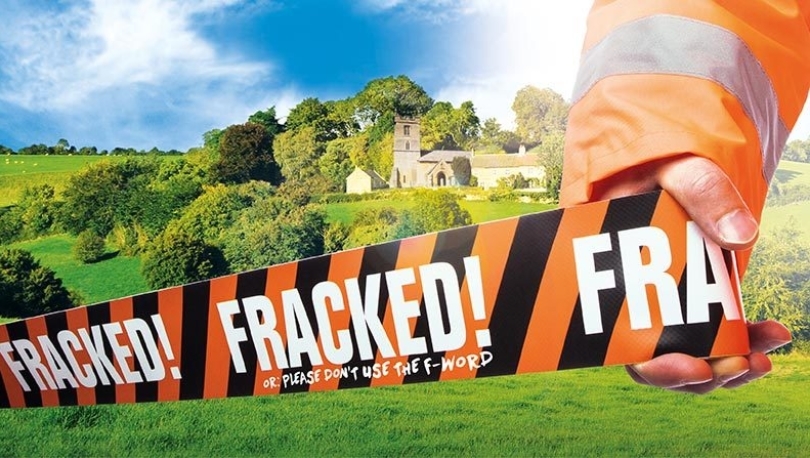
One of Britain’s best known actors is starring in as an anti-fracking campaigner in a sell-out play that dramatises the fight against shale in Sussex.
James Bolam, who has starred in Whatever Happened to the Likely Lads? and New Tricks, stars in Fracked! Or: Please Don’t Use The F-Word, which has sold more than 10,000 advance tickets three months before the curtain goes up at the Chichester Festival.
It’s a case of art imitating life for Bolam, who with his wife Sue Jameson, successfully campaigned against Celtique Energie’s plan to explore for hydrocarbons near their home village of Wisborough Green, near Billingshurst.
Fracked! sees Bolam star alongside Anne Reid (star of Last Tango in Halifax) as anti-fracking campaigners.
In real life, James Bolam and his wife Susan Jameson were part of a successful campaign to oppose plans by Celtique Energie to explore for oil near their home village of Wisborough Green, near Billingshurst.
The play is written by BAFTA-nominated author Alistair Beaton, a political satirist whose television work includes the BAFTA-nominated The Trial of Tony Blair, and Spitting Image.
The 350-capacity Minerva Theatre in Chichester said the play sold out within a few weeks of tickets going on sale in early March.
South East Green MEP Keith Taylor, said the interest in the play showed the strength of feeling surrounding fracking in the area.
“This is great news; it just shows how strong the feeling against fracking is in the South East – as it is across the UK. It doesn’t hurt that Alistair Beaton is a fantastic talent or that the story rings true to life for lead actor James Bolam, who successfully campaigned against fracking in his own community in West Sussex.”
“With UK Oil and Gas recently announcing their proposals to drill more than 2000 wells in the South East, people in the South East are, rightly, concerned about the environmental and health impacts of fracking and unconventional oil extraction.
“Whether it be through public meetings, demonstrations or entertainment, people clearly want to find out more about the process and understand what they can do to oppose it.”